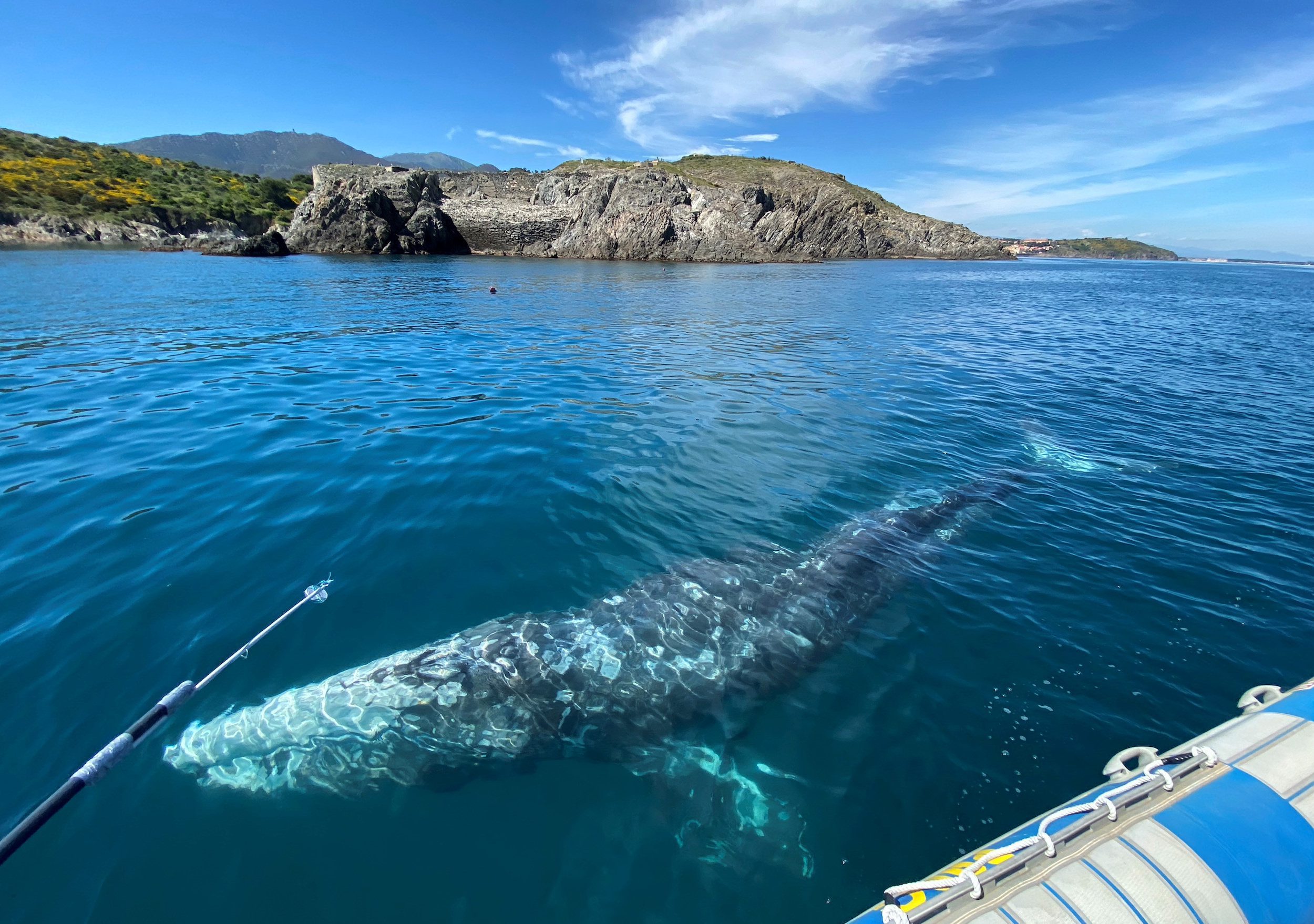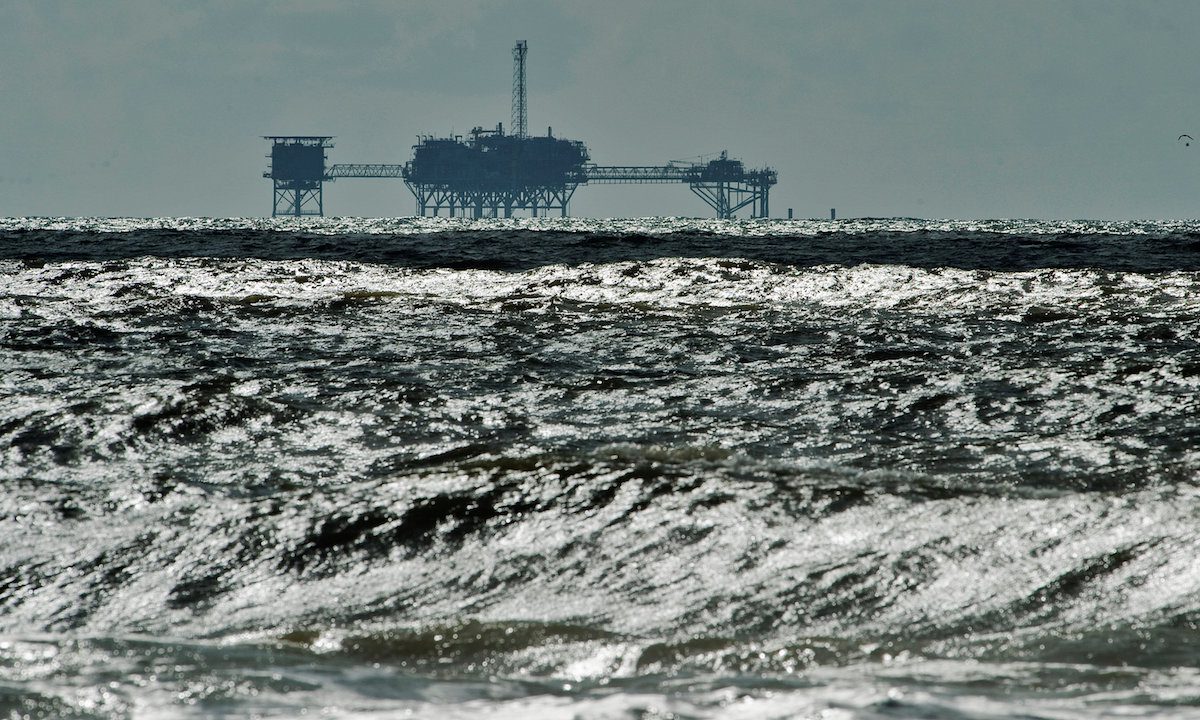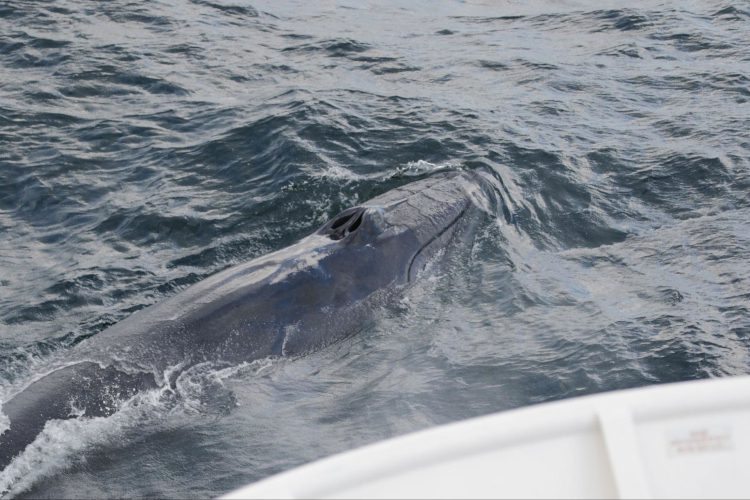Updated: May 9, 2021 (Originally published May 8, 2021)
By Alexandre Minguez (Reuters) A young grey whale lost in the Mediterranean, thousands of miles away from its natural habitat in the Pacific ocean, is desperately seeking its way home, but biologists are worried it may not survive.
Grey whales normally migrate along the U.S. west coast, but biologists think that with global warming opening northern routes, the whale became lost and swam into the Atlantic ocean via the Arctic.
Named Wally by biologists, the whale is around two years old and eight meters (26.25 ft) long, but his rapid weight loss is causing concern as he cannot find the invertebrates that are his normal food source in the depths of the Pacific.
Related Book: In the Heart of the Sea: The Tragedy of the Whaleship Essex by Nathaniel Philbrick
“We are very worried about his future, as his fat, which is his fuel to travel, has gone down a lot. He is exhausted and just skin over bones. We have not seen him eat since we started tracking him,” said Eric Hansen, head of the state biodiversity agency in southern France.
Wally entered the Mediterranean through the Gibraltar Strait and followed the Moroccan coast before cutting across to Italian shores and arriving in France, Hansen said.
Moving about 80 to 90 kilometers a day, the whale is closely following France’s southern shores and is now approaching the Spanish coast.
“It is trying to enter harbors, as if to find a way out. Its strategy should work and we hope it can make its way back to Gibraltar in about a week,” Hansen said.
A few days ago, Wally got caught in a fishing net off the Camargue coast but managed to free himself. But he is set to encounter more obstacles, notably the heavy shipping traffic in the Gibraltar Strait.
It is only the second time biologists have observed a grey whale in the Mediterranean. The last time was in 2010.
“We will probably see this more often because of climate change, which not only opened the northern route but is also changing ocean currents because of the melting of the ice caps,” Hansen said.
Related Book: In the Heart of the Sea: The Tragedy of the Whaleship Essex by Nathaniel Philbrick
(Reporting by Alexandre Minguez in Argeles-sur-Mer and Yiming Woo in Paris; Writing by Geert De Clercq Editing by Raissa Kasolowsky)
Editorial Standards · Corrections · About gCaptain
This article contains reporting from Reuters, published under license.

 Join The Club
Join The Club











